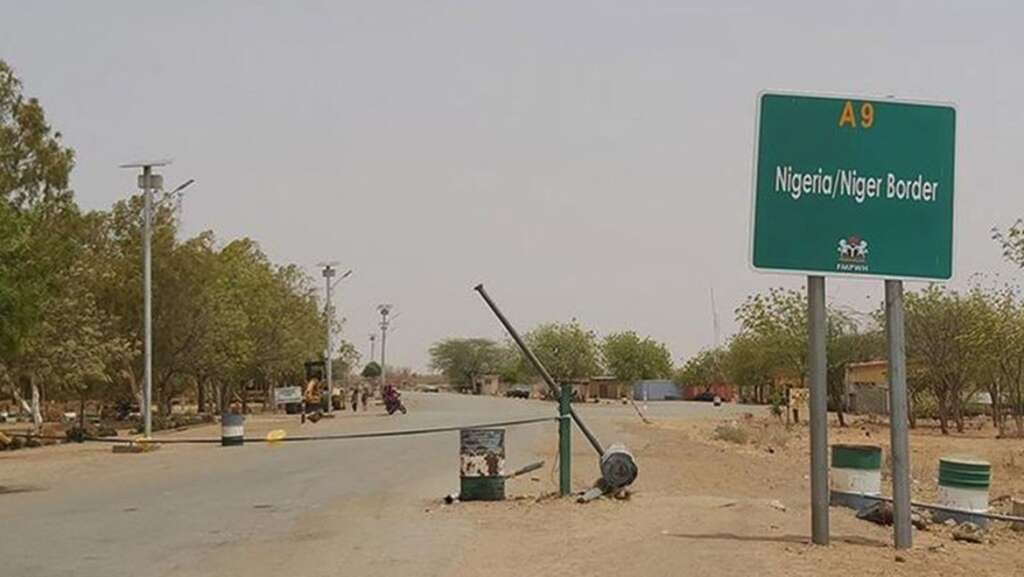
Three months after the closure of the Niger Republic border, the dwindling trade activities in border communities in the northern region are taking a toll on the commercial viability of inland dry ports.
The closure has also affected the economic landscape of the region, which is marked by dwindling trade and disrupted supply chains while threatening the country’s export capacity.
Recall that the former Minister of Transportation, Mu’azu Sambo, had said the operation of inland dry ports (IDPs) across the country would boost trans-Sahara and international trade, transit cargo to landlocked countries and act as a catalyst for improved trade flows and revenue source to the Federal Government.
Sambo stated that the dry ports will also bring shipping activities closer to shippers in the hinterland, increase cargo throughput, boost inland trading and promote export of agricultural products, thus leading a multi-product-oriented economy.
But stakeholders have noted that the border closure has disrupted trade in the inland dry ports, while emphasising the potentially severe repercussions for the nation’s overall economic stability.
The former Executive Secretary of the Nigeria Shippers Council (NSC), Hassan Bello, described the border closure as “antithesis to integration and intra-African trade.”
He emphasised its impact on the free movement of goods and services, especially for inland dry ports that are now grappling with a restricted target market.
Bello also cautioned against the potential repercussions for the Kano-Maradi rail line, a pivotal corridor for trade, while expressing hope that this setback would be temporary.
“For the dry ports, it means narrowing the targets of the vast volume of cargo to Niger and Chad Republic and therefore a loss of anticipated revenue. I just hope this will not affect the Kano-Maradi rail line, which is expected to be a major artery and corridor of trade. I sincerely hope this is a temporary setback and things will normalise soon,” he said.
Recall that the acting Comptroller General of the Nigeria Customs Service (NCS) Adewale Adeniyi, had last month, assured that the service will look into the northern inland dry ports to enhance trade, while the Federal Government will fast-track activities there, considering the region’s importance in boosting the country’s economy and prosperity.
On his part, the Managing Director of the Dala Inland Dry Port, Dr. Ahmad Rabiu, said the border closure has negatively impacted its operations and the economy of Kano as well as the nation at large.
Rabiu revealed that Nigeria’s import volume had plummeted by a staggering 70 per cent, leading to scarcities and affecting foreign exchange availability.
Rabiu lamented that the dry ports are losing some of their markets, noting that the Niger Republic, which is a significant trading partner, is now sourcing essential goods from alternative markets of other neighbouring countries.
He, however, appealed to the Federal Government to reconsider its stance on the closure of borders against the Niger Republic, stating that the two nations’ economies are integrated and have over the years rely on each other for some essential goods.
“Niger Republic has relied on Nigeria significantly for quite several essential goods are now getting the same goods being supplied to them through Togo and other countries that share a border with them.
Our economy is suffering and we are losing some markets that have been our market and by the time the alternative market is established and the border closure prolonged, it may be impossible to ever get back to where we were,” he alerted.




